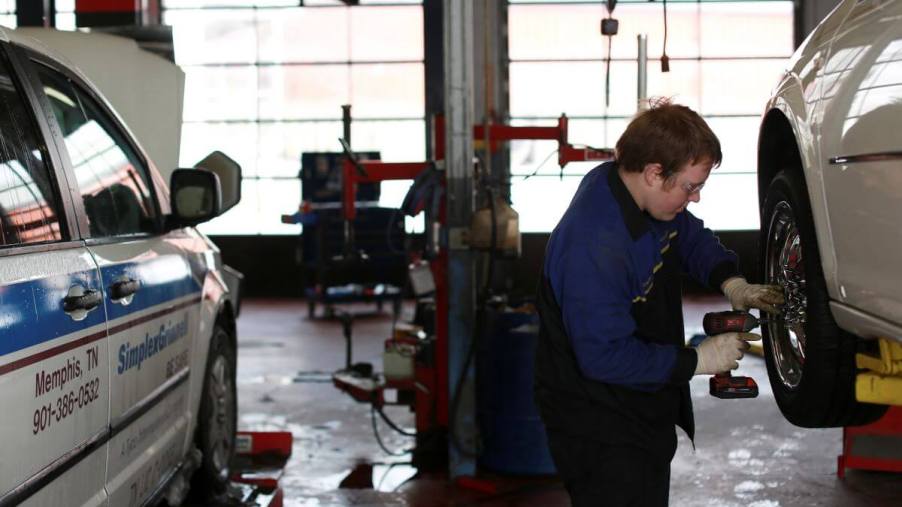
Why Is It Necessary for You to Rotate Tires?
As a responsible car owner, maintaining your car is essential. Regular maintenance helps to prolong your vehicle’s life, ensure safety and reliability, and can even help save you money in the long run. Many aspects of car maintenance require attention, like changing the oil, flushing fluids, and replacing batteries. However, one frequently overlooked maintenance task is rotating the tires. Let’s explore why rotating your tires is critical and how doing so can benefit your vehicle and wallet.
What does rotating your tires mean?

Tire rotation is a process that involves moving the wheels on a vehicle from one position to another. The primary purpose of rotating tires is to promote even wear and tear. As you’ve probably noticed, a vehicle’s front and rear axles do not wear tires evenly. For example, front-wheel drive cars’ front wheels will wear out faster than the rear wheels because the engine’s weight is located over them. This uneven wear may lead to significant problems, such as steering wheel vibrations and decreased traction. Rotating your tires at the recommended intervals can help solve these problems.
Why do I need to rotate my tires?
RepairPal touches on why it’s important to rotate your tires. According to RepairPal, ” Because the front and rear tires wear at different rates, it’s important to rotate them periodically to get the longest life out of them.”
Benefits of tire rotation
One significant benefit of tire rotation is getting better gas mileage. When your tires wear out unevenly, they create drag and can use up more fuel than necessary. Additionally, replacing worn-out tires is less costly than letting them wear down unevenly, which can cause further damage to other parts of your vehicle, such as the suspension and steering system.
Regular tire rotations can also improve ride comfort. The reason why? Uneven tire wear can cause vibrations and roughness in the ride. Rotating the tires helps to ensure even wear, resulting in a smoother and more comfortable ride for you and your passengers.
So, how often should I rotate my tires?
If you don’t rotate your tires at the recommended intervals, you might need to replace them prematurely. Ignoring this maintenance could cost you more money.
The general rule for tire rotation is every 8,000 to 10,000 miles, but every vehicle is different, and you’ll want to check your owner’s manual for more information. Consider consulting with a trusted mechanic or tire dealer for more advice on determining the condition of your tires and establishing a rotation plan that suits the model you drive.
Don’t overlook tire rotations
Tire rotation is a maintenance task often overlooked but can significantly enhance the lifespan of your tires and other parts of your car, truck, or SUV. Rotating your tires can help promote even wear and tear, better gas mileage, and prevent further problems such as steering wheel vibration and decreased traction. Make it a habit to rotate your tires at the manufacturer-suggested intervals or visit your trusted auto mechanic regularly for recommendations to keep your vehicle’s maintenance on track. With proper care, your car can be reliable and cost-effective – even years down the road.




